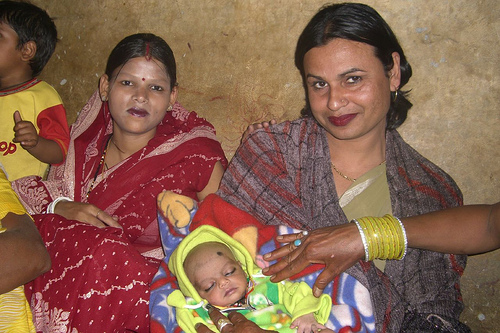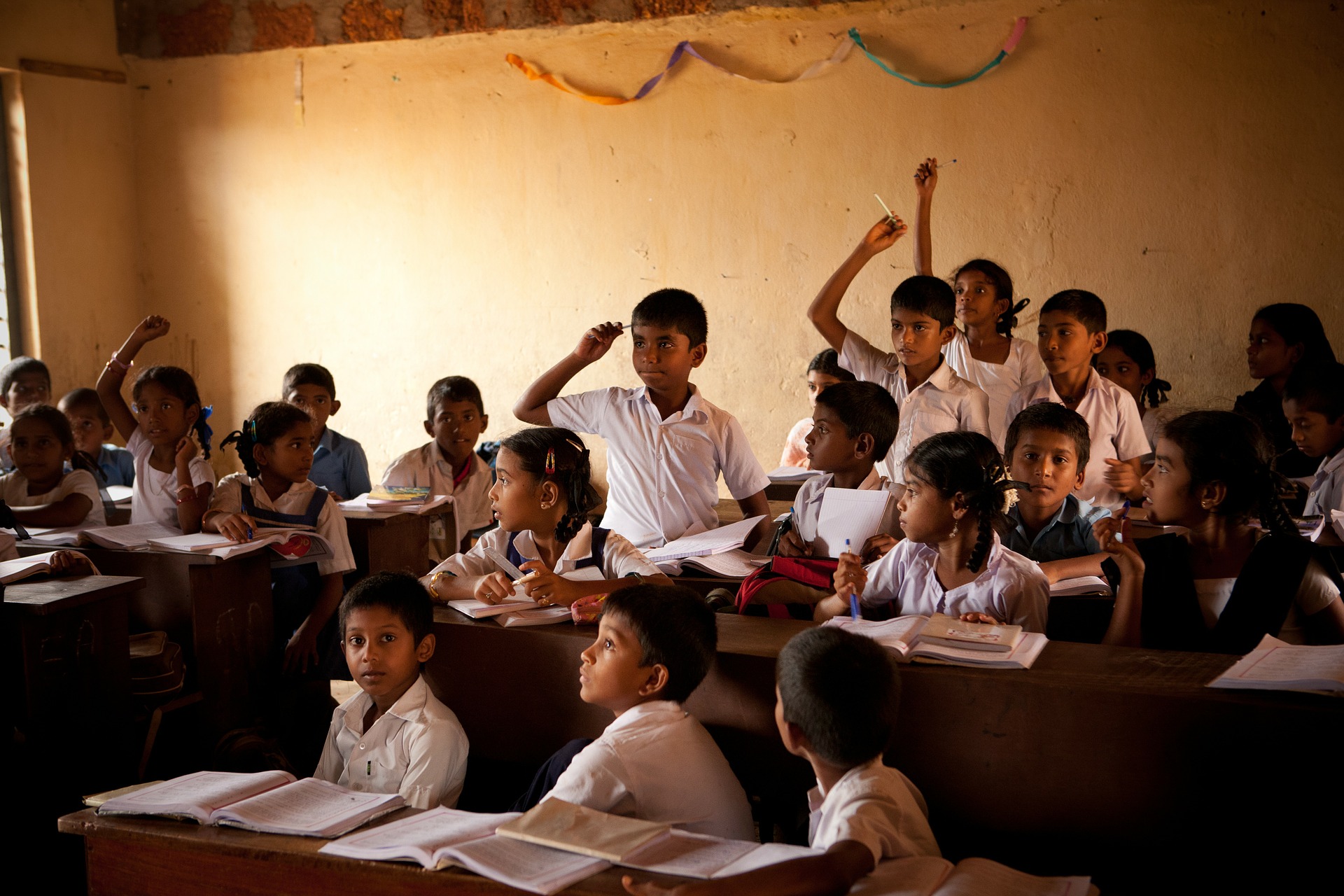It's Not All Better for the Hijra Community in India

The modern society of India is an undesirable one for transgenders, specifically Hijras, and has been for centuries. However, recently the beginning to a whole new transformed society may have finally begun in India. India’s Hijra community has finally taken its spot under the law and is now recognized as the third gender. India has followed the footsteps of Nepal, Pakistan, and Bangladesh. The Hijras community can finally pursue their dreams and apply for government jobs and/or attend college. Hijras definitely have had an awful history in India; from doctors refusing to treat or examine them to discrimination on every road and there still needs to be much more done to completely bring the discrimination to an end.
Despite the change made by the Indian government, Bindiya Rana, the first transgender woman to stand as a political candidate in Pakistan, thinks that this law won’t promote too much change for the Hijra community. She doesn’t feel that the same law passed in Pakistan did enough to change their lives. She states, “In Pakistan we are recognized and there are some jobs – mostly on three-month contracts or with NGOs – but not across the employment sector. The government has not supported us – they haven’t implemented the law. I had more opposition when I fought in the election from politicians than I did from the public. Society in Pakistan is more understanding, more accepting and supportive of us than the government is. We have claimed our space in the law, but we are not protected by it.” Rana believes that this change that everyone thinks is a great revolution just isn’t enough to promote real change in society.
Abina Aher shares her story of growing up as a transgender in India with Parallels. It was clear to her family that she certainly wasn’t the average boy or girl. She recalls dressing up as a woman and wanting to be addressed as one, but constantly being pressured by her family to dress and act like a man. Abina Aher felt empty as if something was missing all her childhood because she was forced to be someone she wasn’t. Then, finally after the law was placed recognizing the third gender, she began to notice some changes. She can finally be addressed as a woman and dress the way she pleases. She states, “What we have done is that we have put a foot inside a door, which is a door of hope, and we will open it — very, very soon.”
Abina Aher isn’t the only one feeling society changing. Transgender woman, Bharati Kannamma, is running for parliament in India. Kannamma left her job in 2004 and left her bank job to fight for the rights of her transgender community. She faced several obstacles in India’s world of bribery, corruption, and nepotism.
These women are a great start to changing Indian society completely but India’s transgender law isn’t any help to its lesbian, gay, and bisexual communities. The law that has been passed does nothing for the community of lesbians, gays, and bisexuals. India’s penal code still criminalizes “sex against the order of nature.”
[Image Attribute: Whitney Lauren via Compfight cc]




